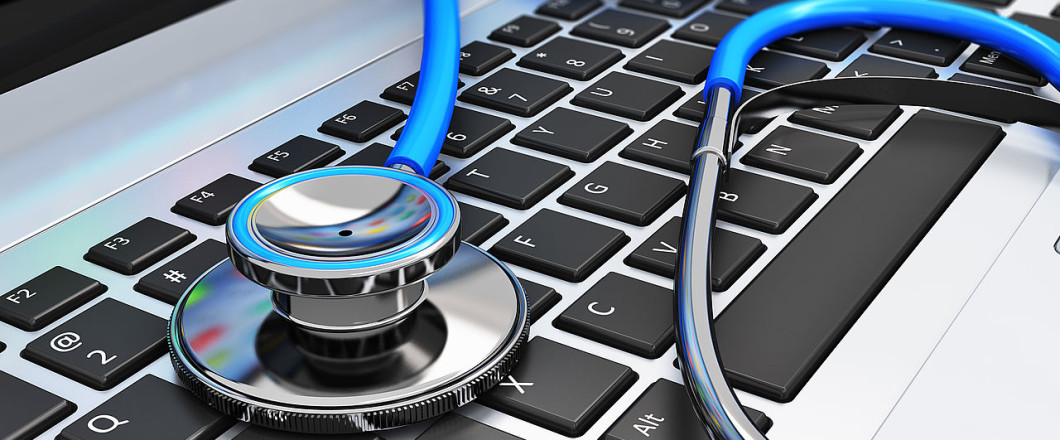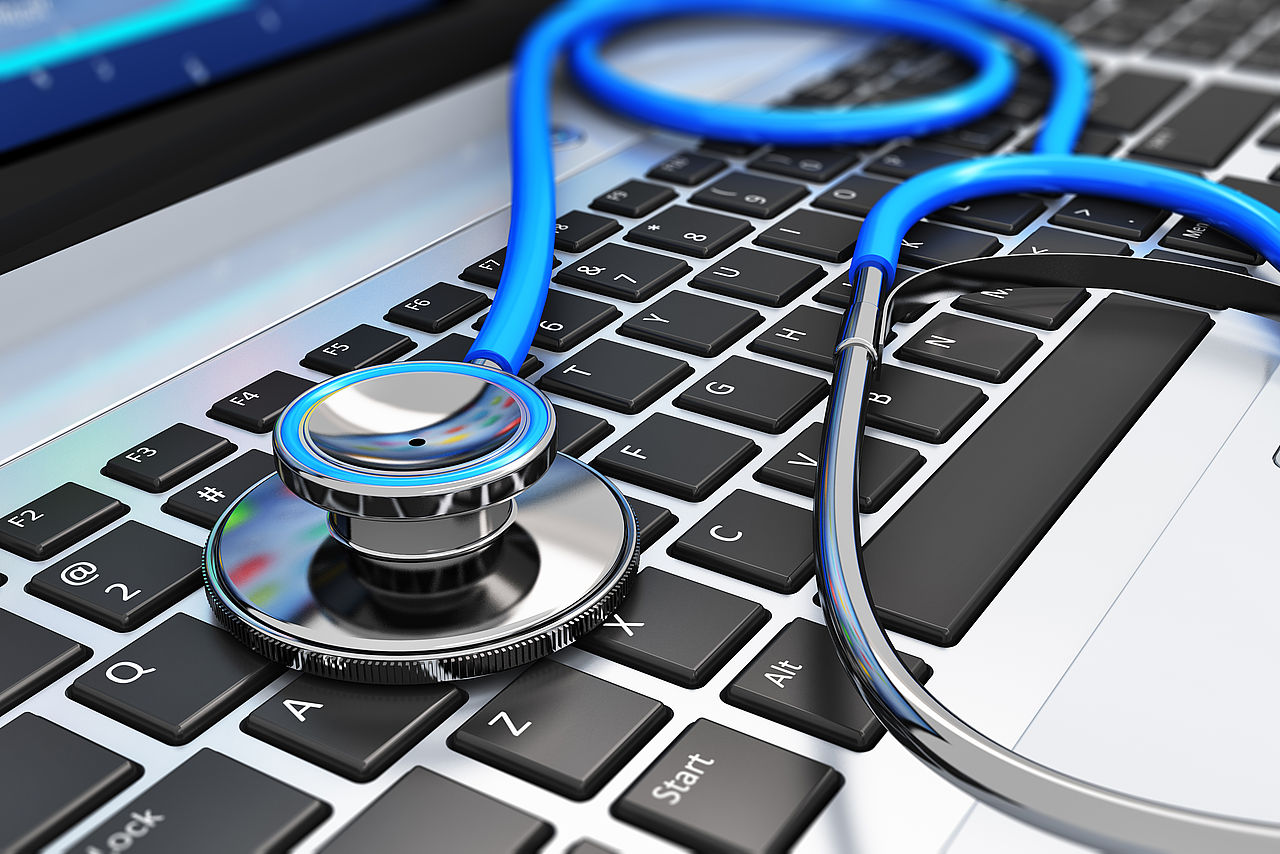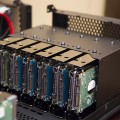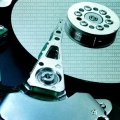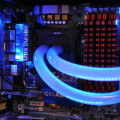An important area of PC ownership is ensuring that you carry out regular maintenance on your PC. Without it, you could soon find your PC slowing down.
It’s a good idea to carry out a monthly maintenance on your PC, but this can sound a little intimidating. After all, there are so many pieces of software and hardware crammed into its case that it’s difficult to know where to start.
However, there are a number of relatively simple checks you can carry out which should help to maintain the smooth running of your PC. Let’s take a look at 5 essential PC maintenance checks you need to know.
- Update Windows
Microsoft regularly release patches and updates for Windows a couple of times a month (always on Tuesdays), so it’s crucial that you install these to ensure that your PC is running to its full potential and is secure from any new cyber security threats. In Windows 10, the Windows Update feature can be found within your Windows Settings app.
- Spring Clean Your PC
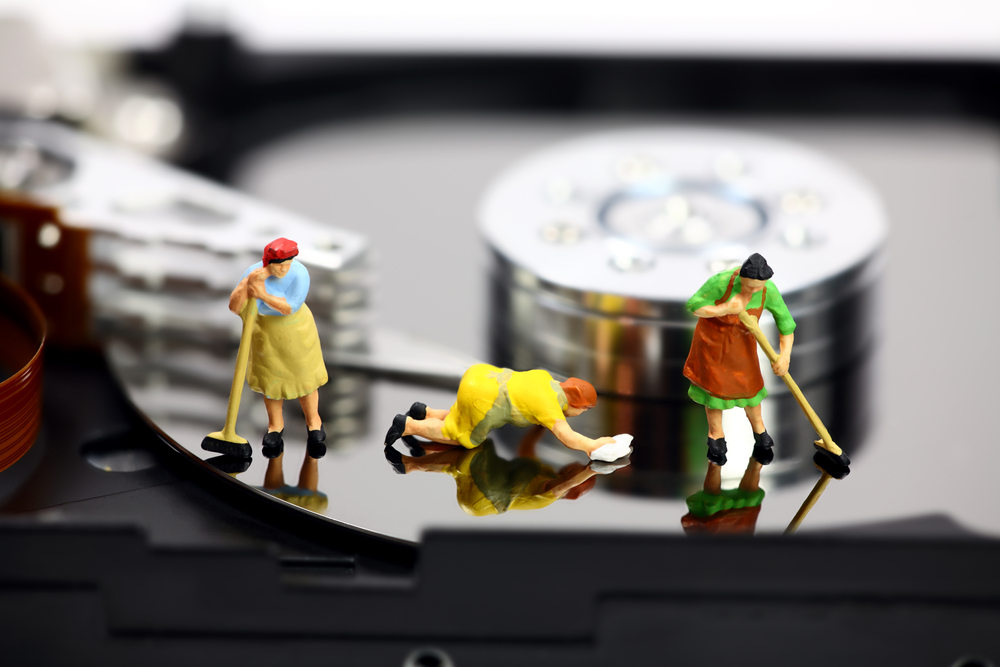
Dust can be a major issue for your PC, if too much builds up then your PC will begin to overheat and the hardware will gradually begin to fail. Now, dust is so tiny that it’s impossible to put a guard up to protect against this, so you need to look into other dust busting methods.
You can give yourself a head start by regularly cleaning around the PC to remove any surrounding debris. However, ou need to get a little bit deeper to really ensure that dust doesn’t build up. Once a month, remove the casing from your PC and use a can of air to blow through all the crevices and remove dust without causing any damage.
- Disk Cleanup
The hard drive on a PC can gradually build up with clutter and unnecessary files over time, but whilst they may be out of sight and mind, they have the potential to slow down your system and seriously stretch your resources.
Luckily, Windows has a built in disk cleanup to help identify and remove these files, so that your resources can be used more appropriately. In Windows 10, just search for ‘disk cleanup’ in the taskbar and you’ll be presented with options for deleting temporary files such as browsing history and unneeded system files relating to uninstalled programs.
- Complete an Antivirus and Malware Scan
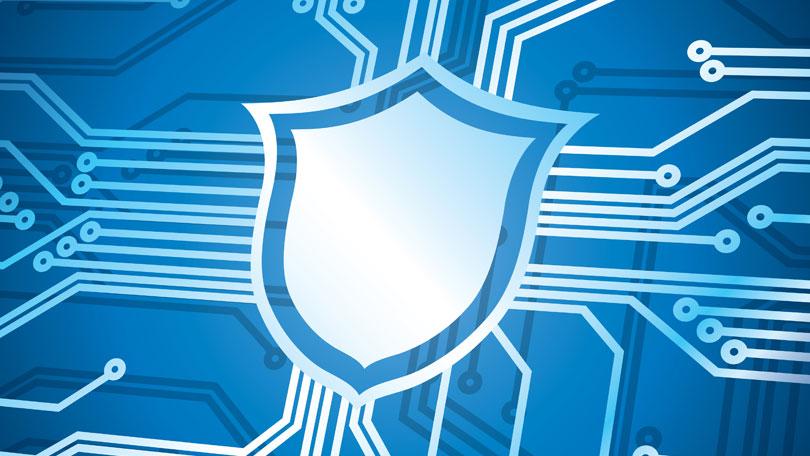
Not all pieces of security software will regularly carry out scans on your hard drive, so there’s a good chance that malware could be lurking on your system. And, as well as being dangerous for your personal data, these pieces of software can seriously compromise the performance of your system due to the memory they hog; that’s why you should schedule a regular scan in, ideally once a week.
- Uninstall Unused Programs
We all install programs that we only ever use once or twice, but due to PC owners taking storage space for granted, many of us forget to uninstall them. And, over time, these forgotten programs gradually build up and start to command huge amounts of space and, if they’re running in the background, precious memory.
Therefore, it’s good practice to review the programs installed on your PC once a month to reclaim your hard drive for more optimized performance.
For more ways to secure and optimize your business technology, contact your local IT professionals.



